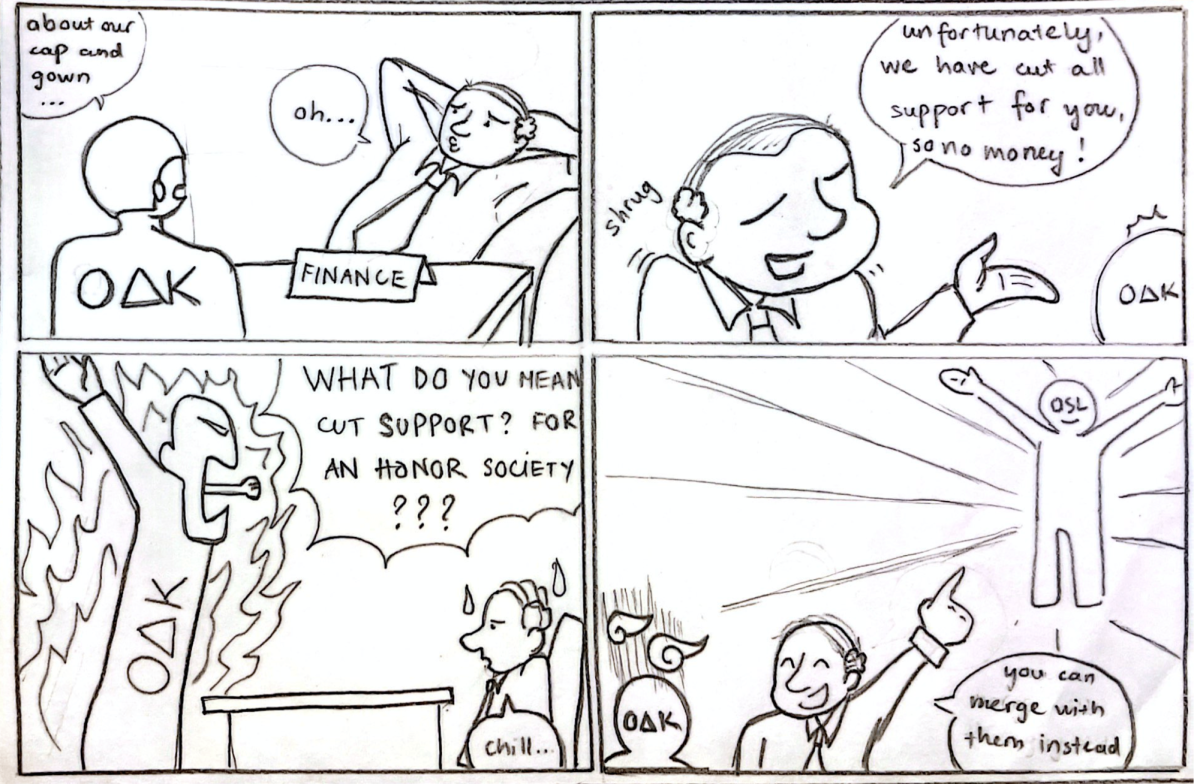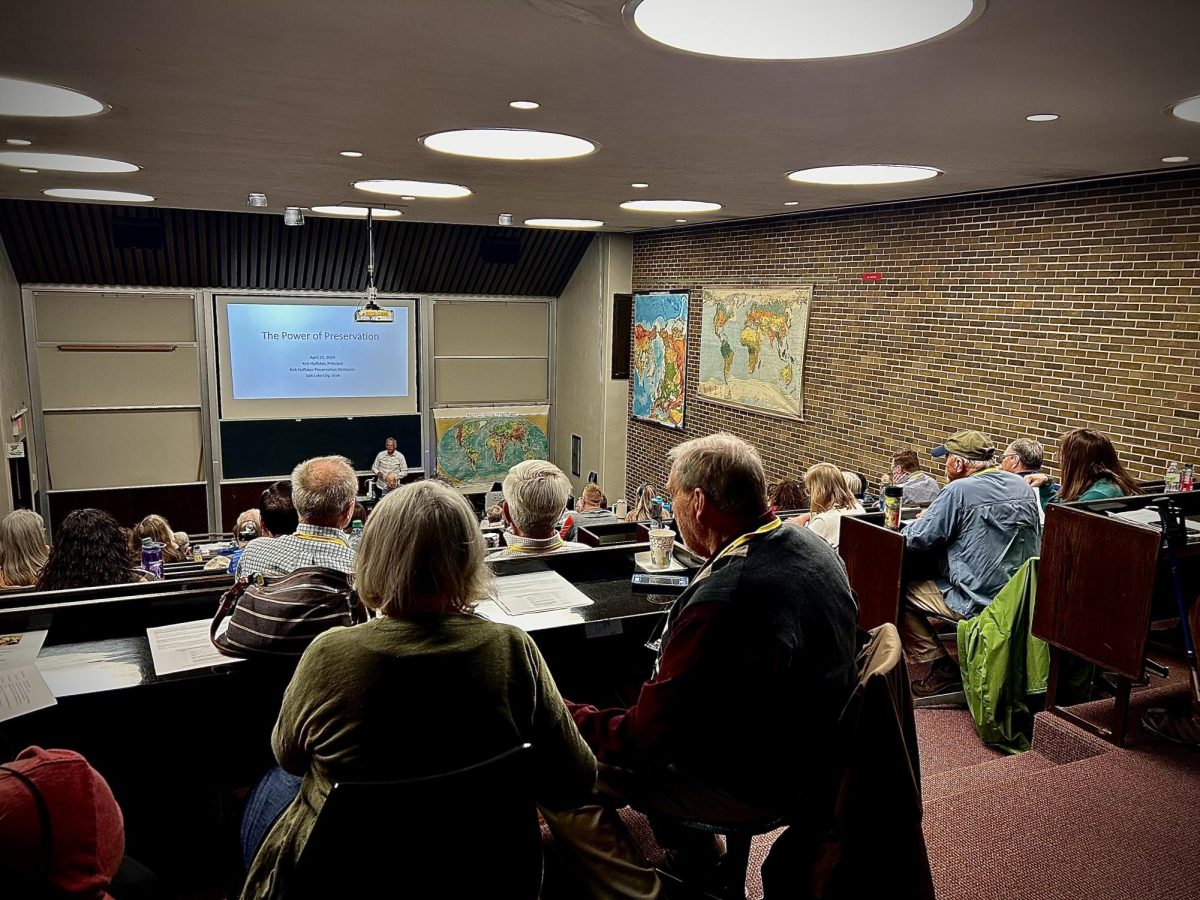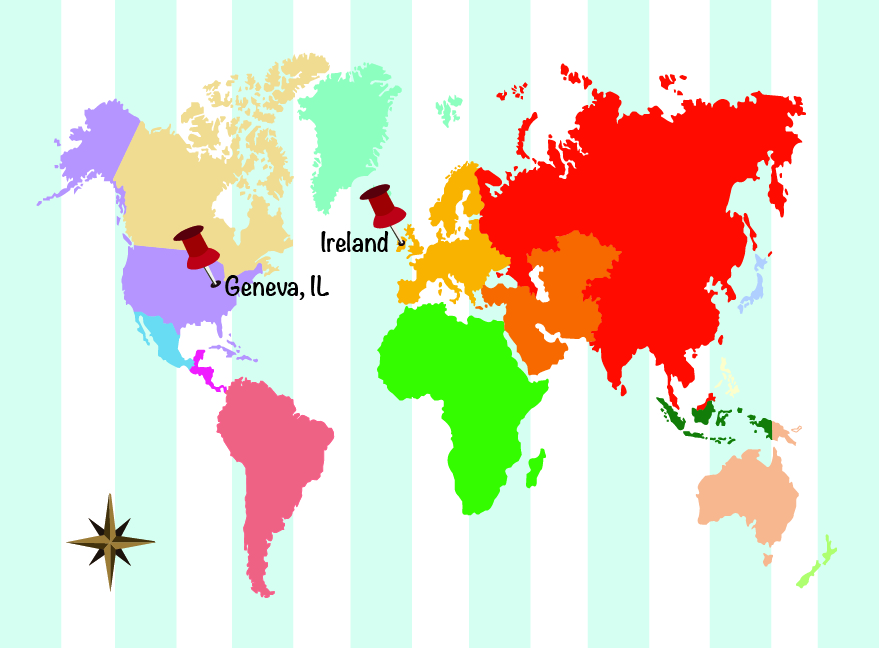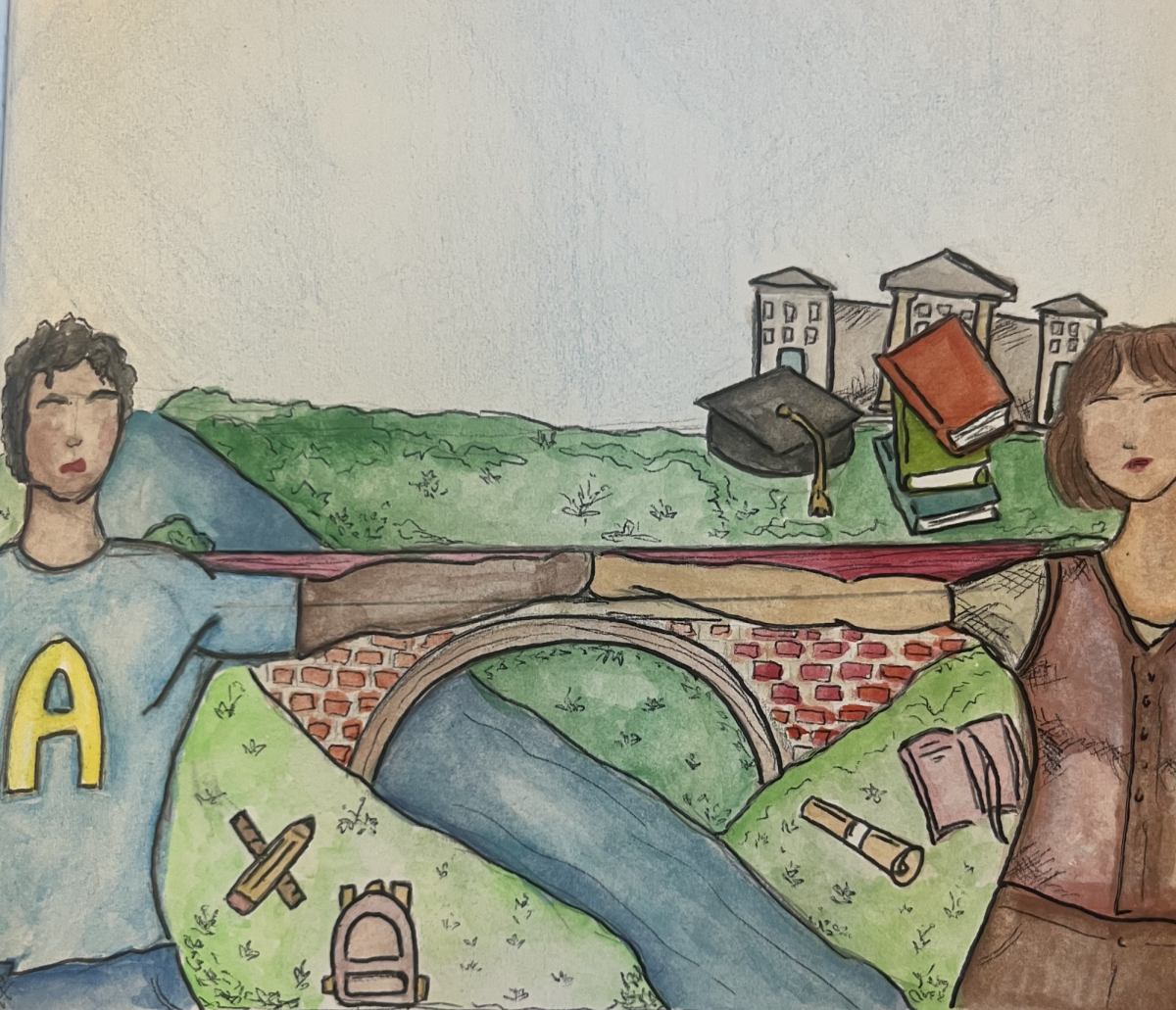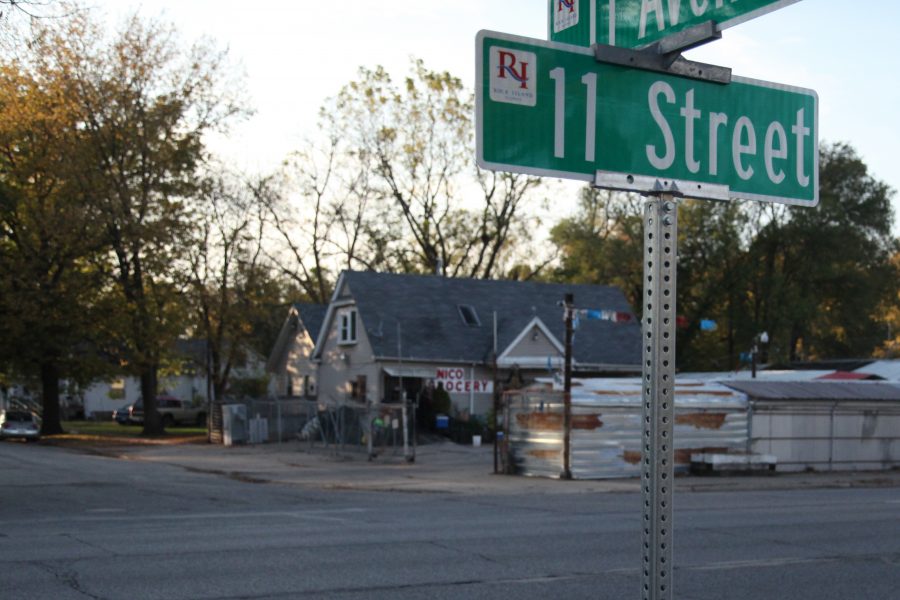Matt Parker, of Rock Island, said until the early 1960s he never had to leave the West End, the western part of Rock Island, because 11th Ave. was the bustling heart of the city with four grocery stores, a restaurant, a movie theater, a small shop and a butcher.
At 89 years old, Parker now has to drive across town to get groceries since none of those stores or businesses are now in the West End.
Liz Sherwin, executive director for the Illinois Iowa Center for Independent Living, defines the West End as from 11th to 18th Ave. to the Mississippi river. This area is home to a food desert.
The United States Department of Agriculture defines a food desert as an area that has a lack of access to food and is also low-income. The department defines a lack of access as 33 percent of area that is not within a mile of a grocery store, and it defines low-income as a poverty rate of 20 percent or greater or a median family income at or below 80 percent of the area’s median family income.
Sherwin said she has seen people with children ride the bus to get their groceries because the West End hasn’t had a sustainable grocery store since 1964.
“To me, that’s just appalling, because how do you maneuver children and your groceries and that sort of thing on a bus and then wait for a bus?,” said Sherwin.
Sherwin moved to Rock Island from Louisiana in 1959 as part of the Great Migration, an era when African Americans moved up north from the south. She started sixth grade in Rock Island, when most of the businesses in the city were located between 12th Ave. and 3rd St.
“A lot of the businesses were owned by older people, and I think a lot of the people wanted to get out of the business or whatever,” said Sherwin.
Sherwin speculated the city might have bought out the stores. During the late 1960s and early 1970s, Sherwin said the climate of 11th St. shifted.
“When these businesses were struggling or whatever, I would’ve thought the city would’ve done something to retain them, but it seems to me like they just let 11th St. go,” said Sherwin. “Why, I don’t know.”
Sherwin said at the time the city focused on the development of the southwestern part of Rock Island by expanding businesses.
“We have to be honest that the West End of Rock Island has the most negative connotations in terms of who lives here and what type of people we are,” Sherwin said.
Terry Brooks Sr., who served as a Rock Island alderman for 16 years until 2013, said he is not sure if the West End would be able to support a grocery store. However, he believes a farmers’ market would work in the area.
“I think some of the biggest problems with communities in urban areas is that they don’t get the advantages of fresh fruit and fresh vegetables,” said Brooks.
He said an additional reason for the decline of the West End was the death of the Rust Belt communities, or communities that housed manufacturing plants. Rock Island citizens lost all of their jobs when companies such as John Deere and General Motors closed their factories, and the city lost all its revenue that came from those factories.
Farmall, one of the largest factories in the Rock Island, closed in 1985. Even though 20 percent of Farmall’s workforce consisted of Rock Island residents, the company’s property taxes and water fees made up a significant portion of the city’s budget, according to the Quad City Times.
Sherwin said another reason for the change could have been that in 1983 Interstate 92 was completed, which caused people to move from the area. People could also avoid 11th St. by using I-92.
“Part of it was urban renewal or —urban removal, as we call it,” said Sherwin.
Before I-92 was completed, the West End was primarily populated with a white community. However, when the highway was finished, Sherwin said the African American community on the other side of I-92 disappeared.
“A number of the white families sold out and blacks moved in, and there was a shift in what people looked like on this side of town,” said Sherwin.
Sherwin said Augustana professor Dr. William Ward wrote the Model Cities grant program in 1969 as a way to improve urban development. According to the Encyclopedia of Chicago, the five-year Model Cities program was created in 1966 as a way to fight President Lyndon B. Johnson’s war on poverty. Rock Island’s program was one of over 150 in the nation that intended to improve already existing urban renewal plans. The program’s focused on financial services, youth programs and housing.
As a director, Sherwin evaluated the 17 funded model cities programs by looking at those services and grants.
“(The government) felt that a lot of the programs in this area needed to be upgraded,” said Sherwin. “They felt that they were blights on the neighborhood.”
When the program was phased out in 1975, the Model Cities directors thought Rock Island needed a multi-purpose center to address social services in the community, which became the idea for the Martin Luther King Center, located at 630 7th Ave. The Model Cities directors saved $500,000 of the funds from the program to build the center.
The United States Department of Housing and Urban Development was supposed to match the program with $500,000. However, president Richard Nixon froze the funds when he came into power.
“Nixon didn’t like that remedy for poverty,” said Sherwin.
Sherwin said the center was supposed to have social services programs that never came to fruition.
Now, Sherwin said there is a different attitude at city hall in terms of development and diversity in neighborhoods.
“I really think that they are doing some things to improve 11th St.,” said Sherwin, who is on the 11th St. Business Association.
She said the association is looking at the aesthetics of 11th St. as well as creating new businesses.
“I really think the people at city hall, the alderman and the people are really concerned about making this a viable community…I think that they are trying to turn some things around,” said Sherwin. “Whether or not we will a get grocery store, I don’t know.”
Venturing into the desert pt. 1: Rock Island, West End suffers from low income climate
December 3, 2015

